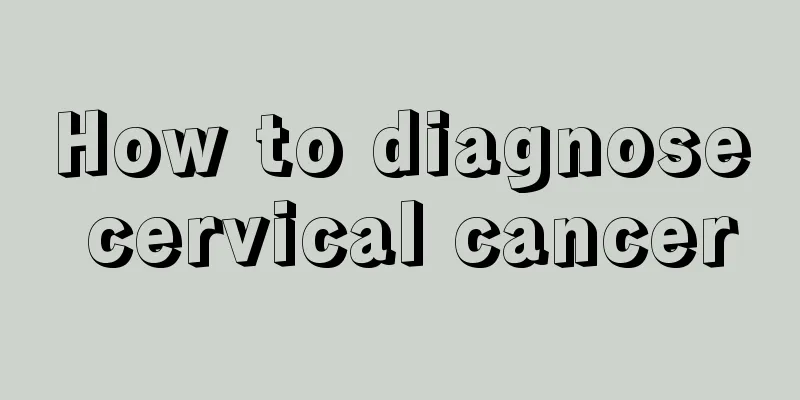What should I do if I have brain cancer

|
Surgery is the most basic treatment for brain cancer. However, since the tumor grows in an infiltrative manner and has no clear boundary with the brain tissue, it is still a long way from being completely cured. Therefore, radiotherapy, chemotherapy, and immunotherapy are extremely necessary after surgical resection. They are of great benefit to prolonging the patient's life and improving the quality of life. Patients with increased intracranial pressure need to undergo dehydration treatment at the same time. 1. Surgical treatment The purpose of surgical treatment is to clarify the diagnosis, improve symptoms, reduce tumor burden, remove necrotic and hypoxic tissue, and create conditions for other treatments. The principle of surgical treatment is to remove the tumor as much as possible while preserving nerve function. If the early tumor is small and located in an appropriate position, it can be completely removed. (ii) Radiotherapy Regardless of the degree of malignancy of brain cancer, patients who receive radiotherapy after surgery have a longer survival time than those who undergo surgery alone. During or after radiotherapy, the patient's symptoms and signs will improve to varying degrees, and it is one of the important adjuvant treatments for brain cancer. Therefore, radiotherapy should be performed as soon as possible after the general condition recovers after surgery; it can usually be started 1-2 weeks after surgery. 3. Chemotherapy Chemotherapy for brain cancer tends to combine several drugs to increase efficacy and reduce toxicity. Clinically, drugs are selected based on cell dynamics and the specificity of the drug to the cell cycle, such as the combination of nitroso drugs with VCII and PCB, or with VM26, ADM, MTX (methotrexate), BLXd (bleomycin), etc. (IV) Immunotherapy Immunotherapy for brain cancer, including active immunization with tumor vaccines, injection of immune RNA into lymph nodes, and application of cell adoptive immunity, are all under study. Non-specific immunomodulators such as levamisole, PSK, PSP, etc. are also in clinical use, which can reduce the reaction of radiotherapy and chemotherapy and enhance immunity. |
<<: What should I do if I have a fever due to brain cancer
>>: What is the reason for frequent vomiting caused by brain cancer
Recommend
How to prevent drowning and save yourself?
In the hot summer, everyone likes to go swimming....
Malignant tumor on the kidney, you need to know these
The kidneys play an extremely important role in t...
How to treat turtle skin rot
Many girls like to keep some small pets at home, ...
The dangers of bladder cancer
The occurrence of any cancer will cause serious h...
What's the matter with the itchy red spots on my body
If there are some red spots on the body and it is...
The hazards of several common colon cancers
Don’t mistakenly think that the occurrence of col...
How to remove formaldehyde from clothes
Some clothes will contain formaldehyde when you b...
How to treat eye stones? It turns out to be like this
Eye stones are multiple hard yellow spots that ap...
Alanine aminotransferase is high
Alanine aminotransferase can well measure the abn...
My teeth suddenly became crooked when I was 30 years old
People will stop growing teeth around the age of ...
How long does it take for thyroid cancer to metastasize to lymph nodes
How long does it take for thyroid cancer to metas...
How to put on contact lenses quickly
When putting on contact lenses quickly, you gener...
Late symptoms of pulmonary tuberculosis
Tuberculosis is highly contagious, so it has been...
Everyone should fully understand the causes of melanoma
Melanoma is a common surgical disease. It will ca...
The nail of the little toe is divided into two halves
Many people's fingernails are trimmed to look...









